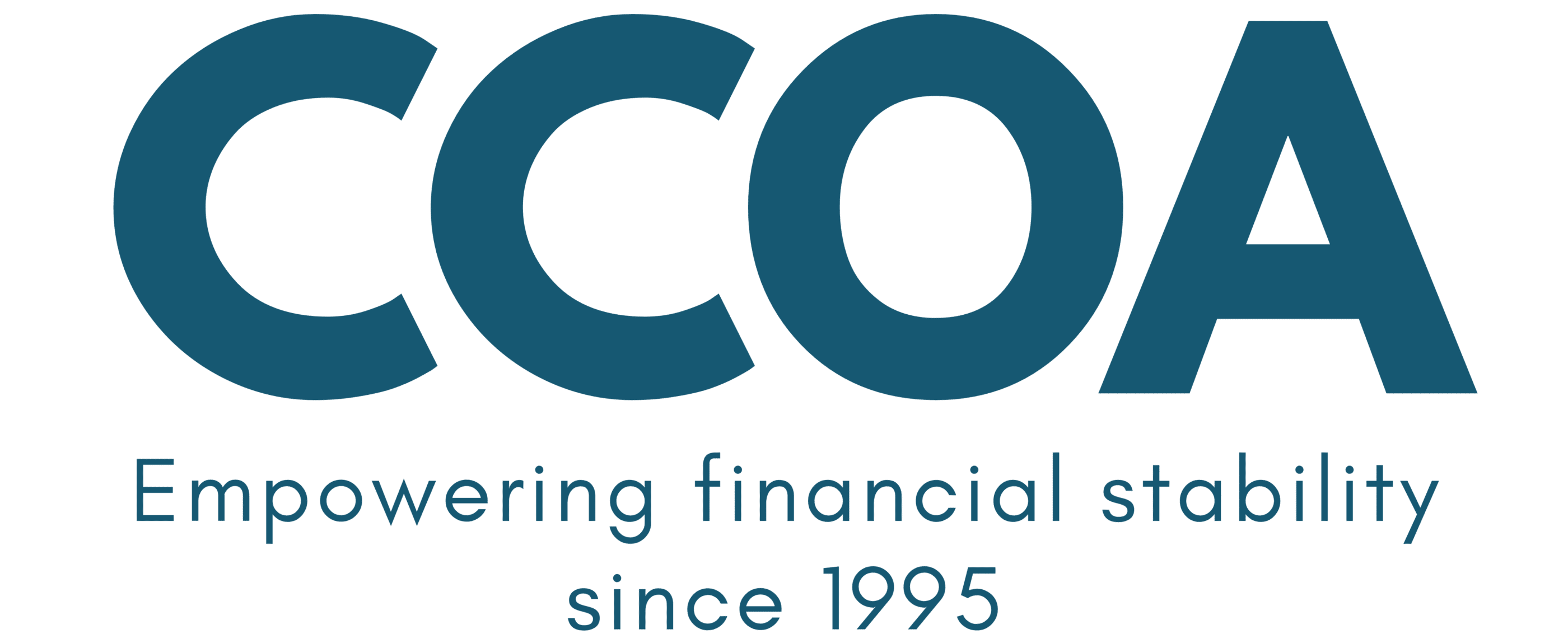During this pandemic, you may not have enough money to make ends meet. Prioritizing will have to become your main focus. Some tips to help you manage your cash flow in the wake of COVID-19.
Adjust Mindset: Your thinking has to change from “How can I keep everything paid?” to “What will I intentionally not pay?” This evaluation process often includes classifying expenses into categories of “Essential” and “Less Essential.”
Define Essentials: Essential items will fall under one of the following five categories:
- Shelter — Rent or mortgage and utilities that must be on to live there.
- Groceries — Food that you purchase and prepare yourself.
- Transportation — Car payments, gas and insurance.
- Medical Care — Life giving medications and emergency medical care.
- Child Care — If you are still working.
Even within the most essential categories, expenses can often be reduced. Here are some tips for limiting essential expenses:
- Shelter — Adjusting the thermostat, or turning off the air conditioner.
- Groceries — Avoiding convenience and snack foods.
- Transportation — Increasing your deductible to lower insurance.
Do the Math: Subtract the total of the most essential expenses from your monthly income. Whatever is left is available for less-essential expenses.
- Surplus Situation: If you have income left after paying the essentials, add into your budget the expenses that are less essential in order of their importance to you, but not more than you can afford.
- Deficit Situation: If you do not have income left after paying essentials, you may have to make the difficult choice to not pay a large expense, such as your mortgage. If this is the case, once things return to normal, you will need to get this caught up as soon as possible. You might also at that time set an appointment with a mortgage delinquency counselor.
Reduce Expenses: For many operating with little income, every opportunity to save must be taken.
- Shop Mobile Plans: Since a phone could also be considered essential, you might look at ways to reduce this expense.
- If you are in a contract, you can decrease the amount of data and lower your monthly charge.
- If you are not in a contract, you might consider getting a less expensive phone such as “Straight Talk.”
- Call Your Mortgage Company: Check with the lenders holding your mortgage, car payment(s), and credit cards, to see they will defer one or more payments.
- Shop Insurance Costs: Compare your current rates on autos and homeowners if you own your home. If you pay escrow, lower insurance can reduce your mortgage payment.
- Avoid Overdraft Fees: When finances are tight, it is even easier to overdraft. Watch the transactions in your checking account diligently so that you never overdraft. This is an expense that needs to be avoided and will cause your budget to be even more tight.
Locate Extra Cash and Other Resources:
- Sell Some Assets: Do you have items that could be sold? Do you have an extra vehicle that isn’t used that often? How about items that you had set aside for a garage sale? Now might be a good time to convert these things to cash.
- Use Credit Wisely: If you think the emergency is going to be relatively short-lived, and if you have credit available, you might have to rely on a credit card to cover some of your most basic expenses such as gasoline and groceries. This is especially true if you have a budget shortfall after paying your essentials.
- Stretch the Stimulus Check and Tax Refund: If you are expecting a tax refund or stimulus check in the weeks surrounding the crisis, use these funds to supplement your income. Stretch it out over time to make it last as long as possible.
- Use What You Already Have: Most households have a lot of food being stored that has been overlooked for a long time. Is your freezer full? Now might be a good time to start using each item you are storing. Try to avoid going to the grocery store until you are truly out of an item.
Here are a few tools from ConsumerFinance.gov that may help you revise your financial goals and manage your cash flow in the face of changing financial circumstances.





